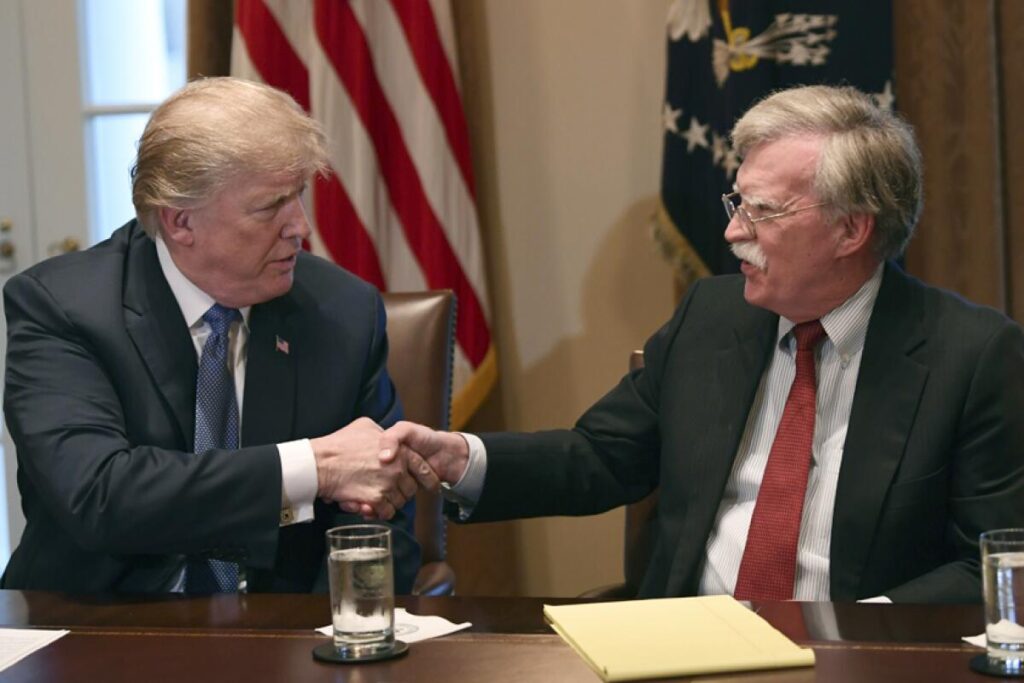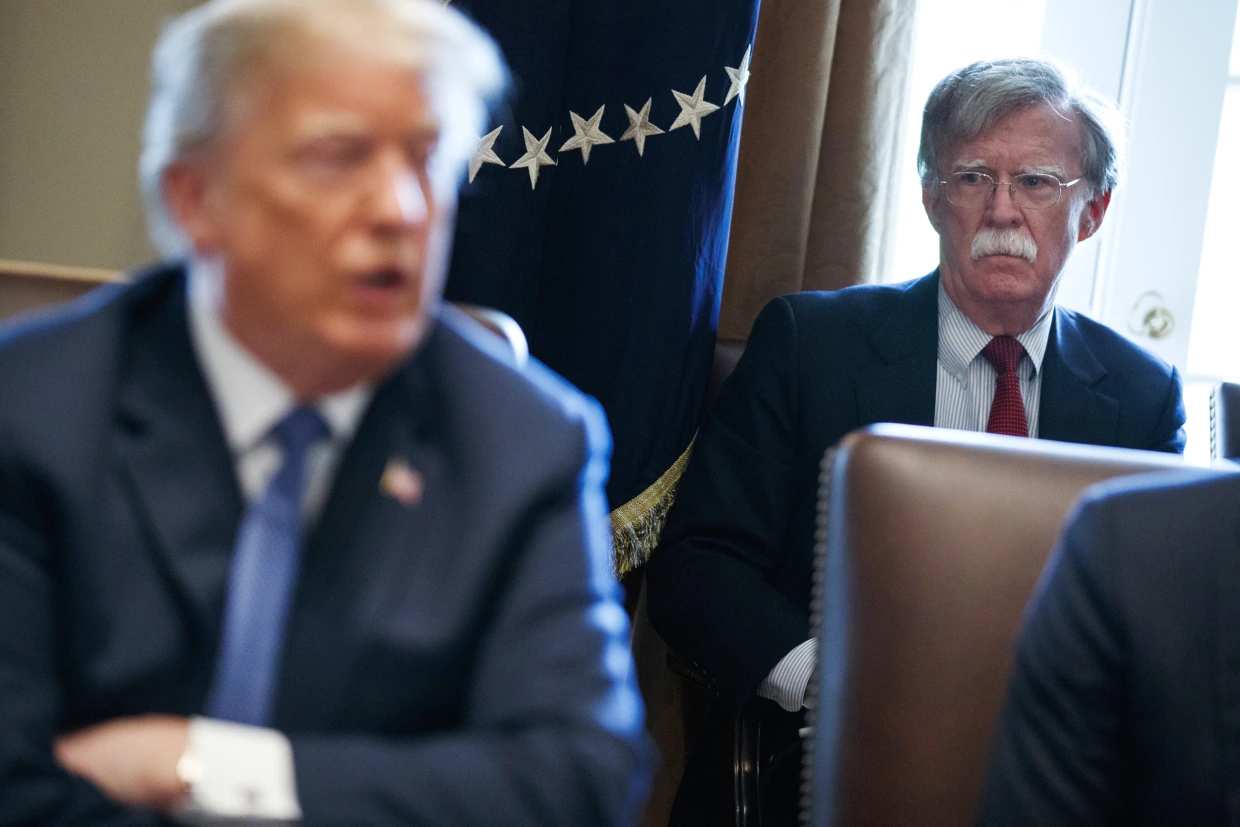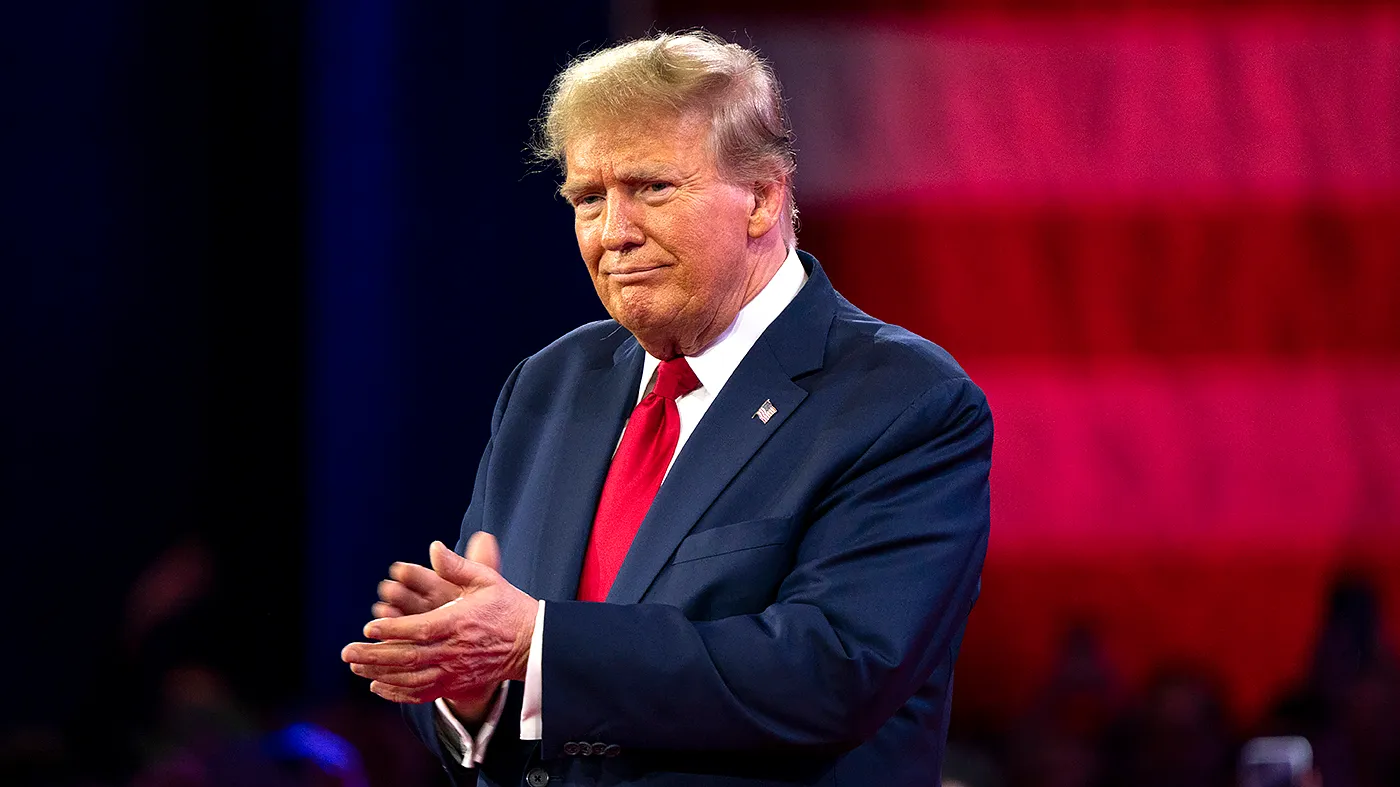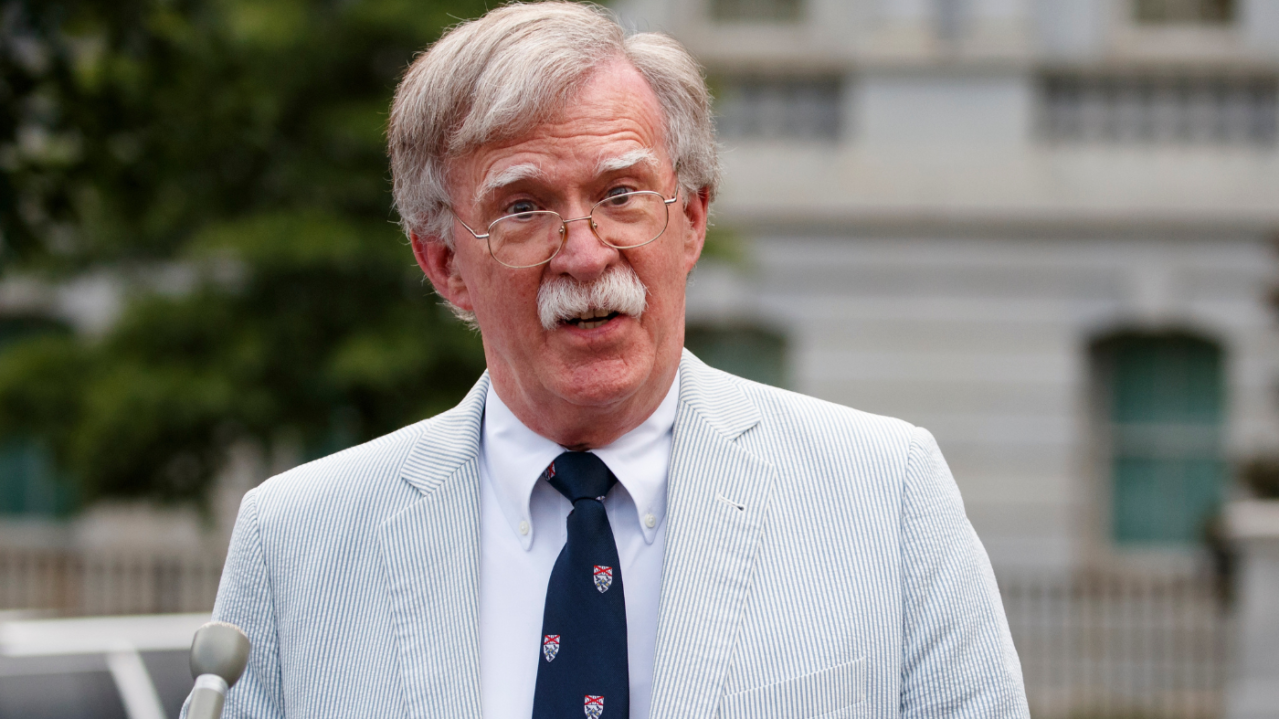
Donald Trump’s approach to assembling his cabinet is characterized by a striking preference for fealty over loyalty, as revealed by former National Security Advisor John Bolton. In a recent interview, Bolton provided a revealing insight into the criteria influencing Trump’s picks for key government roles, underscoring a paradigm shift in the traditional expectations of presidential appointments.
Bolton’s comments come in the wake of Trump’s decision to appoint prominent supporters, including Elon Musk and Vivek Ramaswamy, to the newly formed Department of Government Efficiency. This move has sparked discussions regarding the implications of such appointments for government operations. Bolton’s sharp critique indicates a deep-seated concern about the nature of allegiance Trump demands from his advisors.

The Definition of Fealty in Modern Governance
The distinction between loyalty and fealty is crucial in understanding Trump’s administrative strategy. According to Webster’s dictionary, while loyalty is defined as “the quality or state or an instance of being loyal,” fealty is described as “the fidelity of a vassal or feudal tenant to his lord.” This nuanced difference highlights a more one-sided, power-based relationship, hinting at a less mutual and more authoritative expectation from Trump towards those he appoints.
In an era where leadership is increasingly scrutinized, the preference for such a feudal-like allegiance over mutual respect could raise ethical and operational concerns. As Bolton suggests, this could lead to a cabinet that functions less on the basis of collaborative governance and more on unquestioning subservience.

Controversial Cabinet Picks Stir Debate
The choice of individuals like Pete Hegseth, a Fox News host, for the position of Defense Secretary further exemplifies Trump’s unconventional and arguably provocative staffing decisions. These choices have not only raised eyebrows but also sparked a debate about the criteria and qualifications considered essential for high governmental positions.
Bolton’s observation that the selection process seems to prioritize attitude towards Trump over philosophical alignment or professional qualifications suggests a shift towards a more personality-driven administration. This shift could potentially impact the effectiveness and impartiality of governance.

Long-Term Implications for U.S. Governance
The long-term effects of such appointments on U.S. governance and international relations are yet to be fully realized. However, Bolton warns that while Trump might achieve a cabinet that is ostensibly loyal — or rather, feigns fealty — this might not serve him or the country well in the long run. The essence of effective governance, often rooted in diverse opinions and robust debate, may be compromised under the weight of such unwavering allegiance.
In conclusion, the insights provided by John Bolton offer a stark warning about the potential pitfalls of prioritizing fealty over loyalty in governmental leadership. As the U.S. moves forward, the choices made today will undoubtedly shape the political landscape of tomorrow, making the need for balanced and thoughtful leadership more critical than ever.
